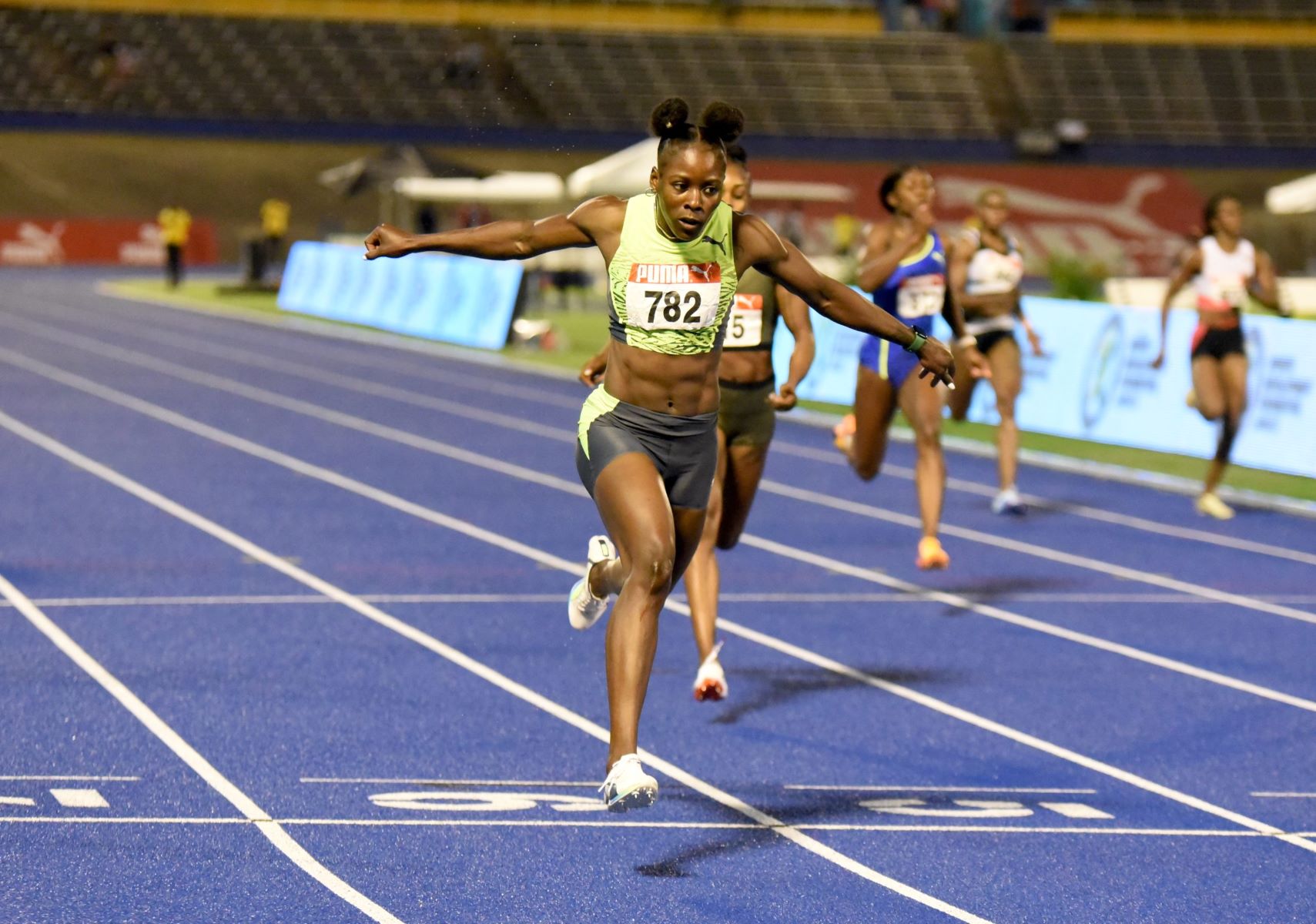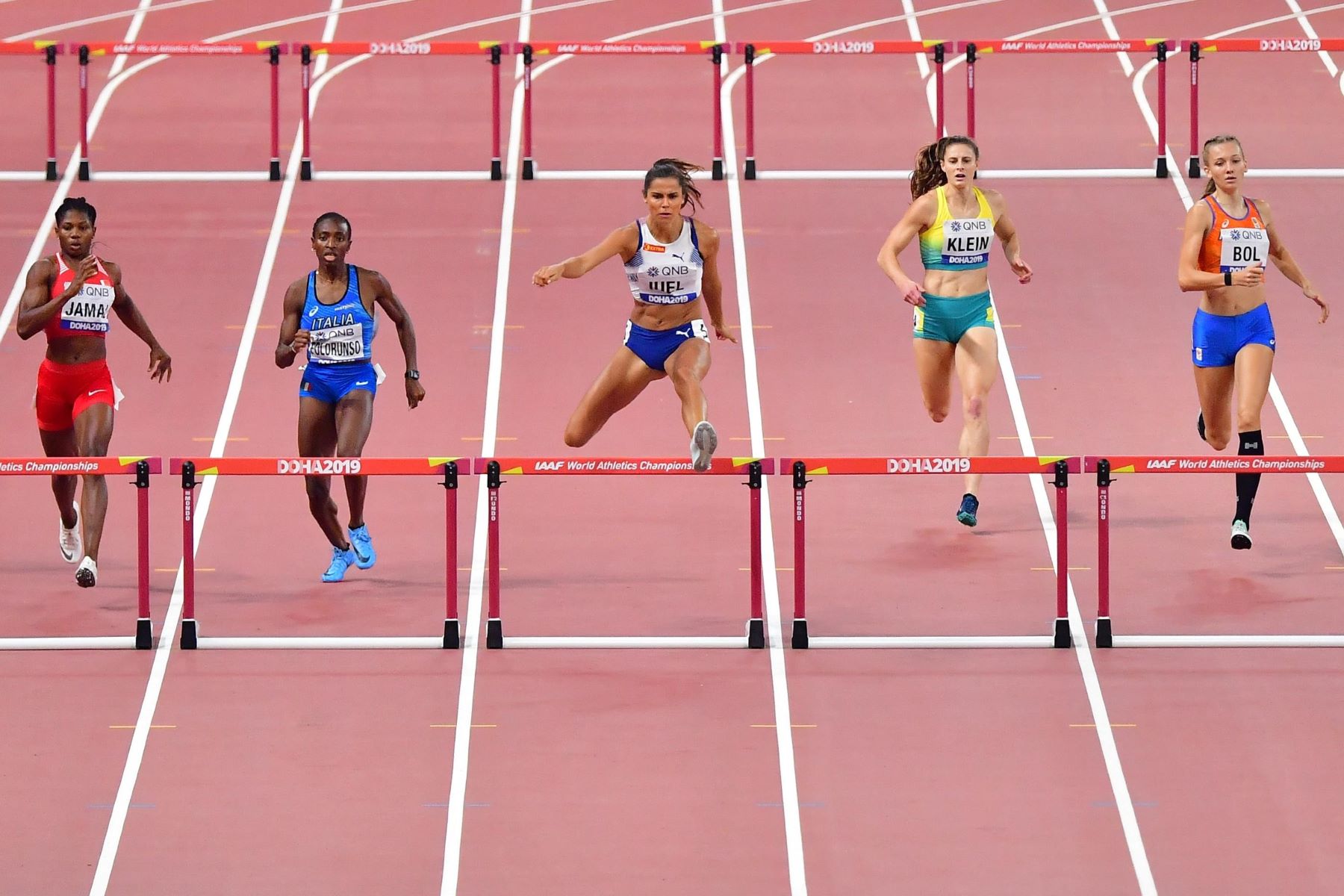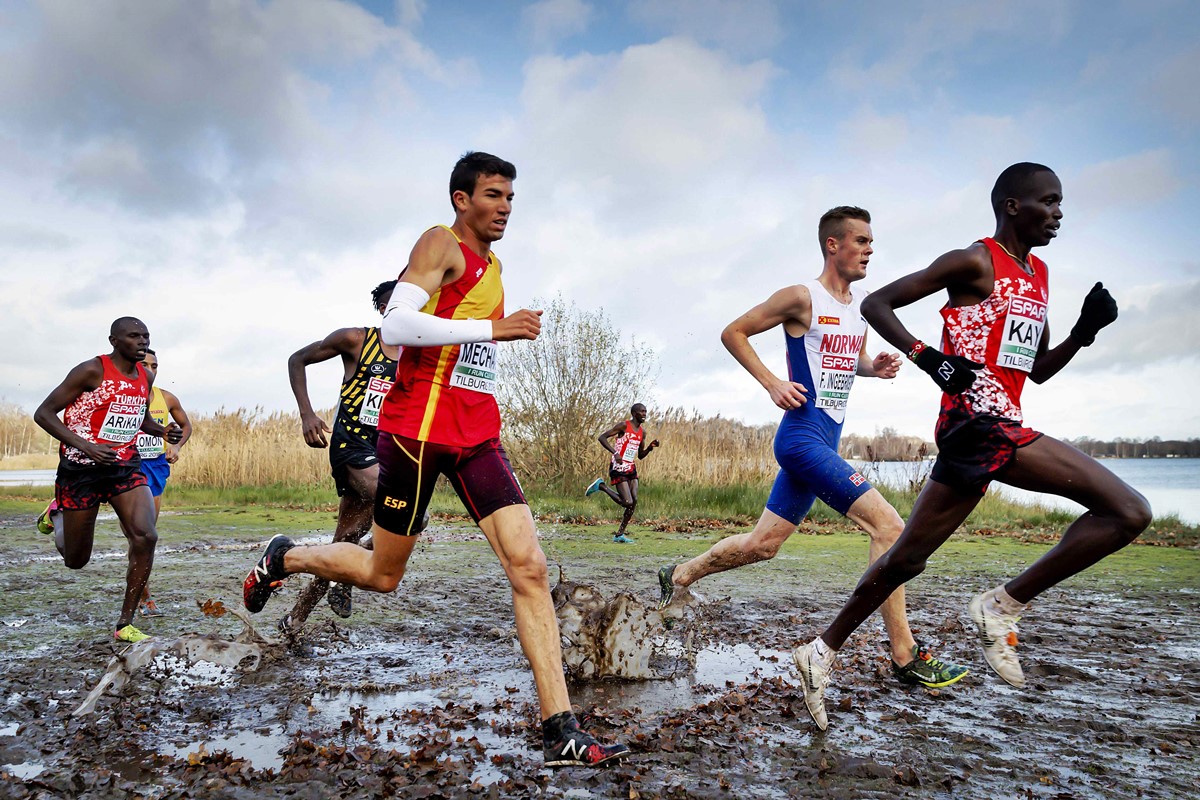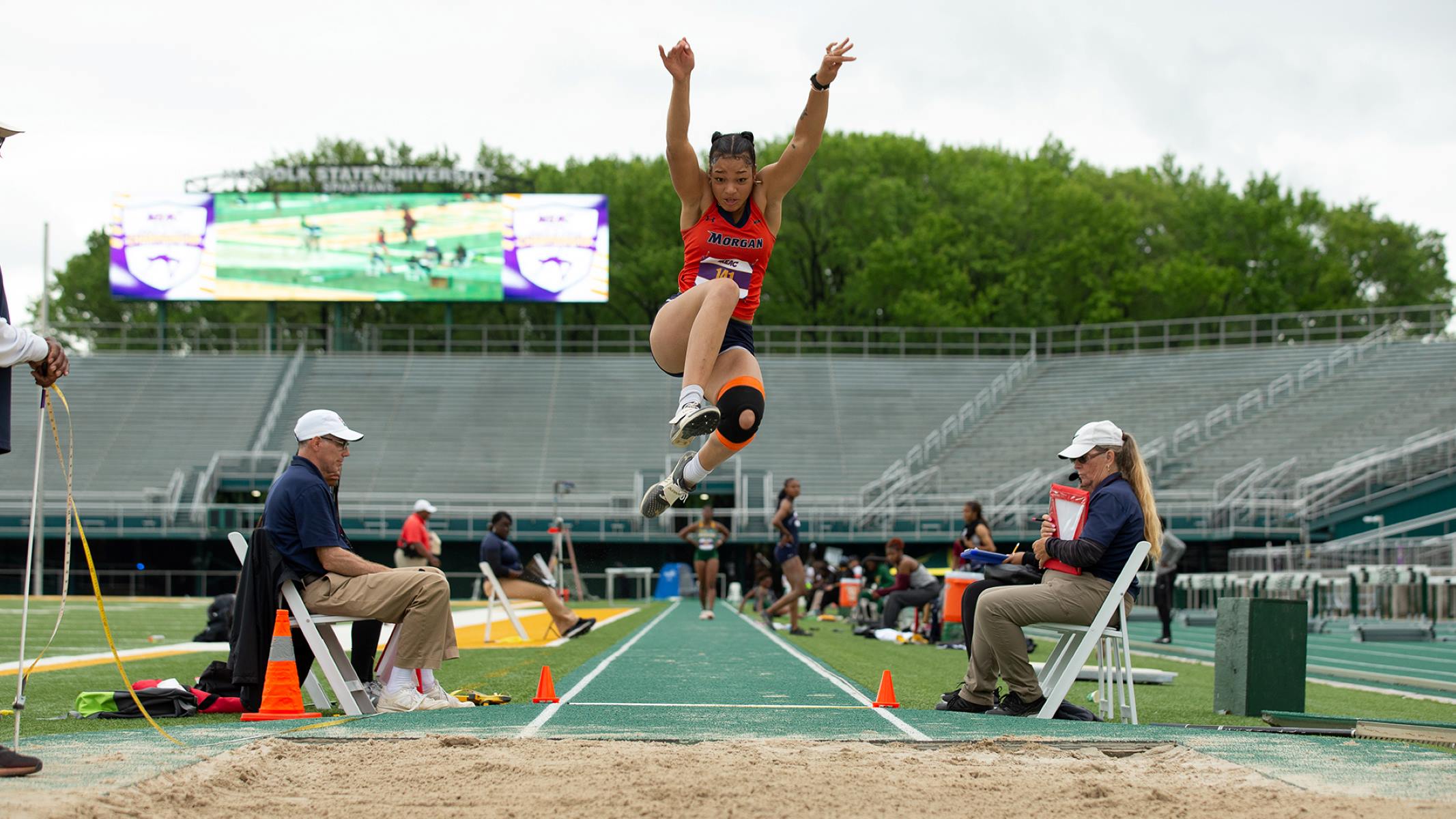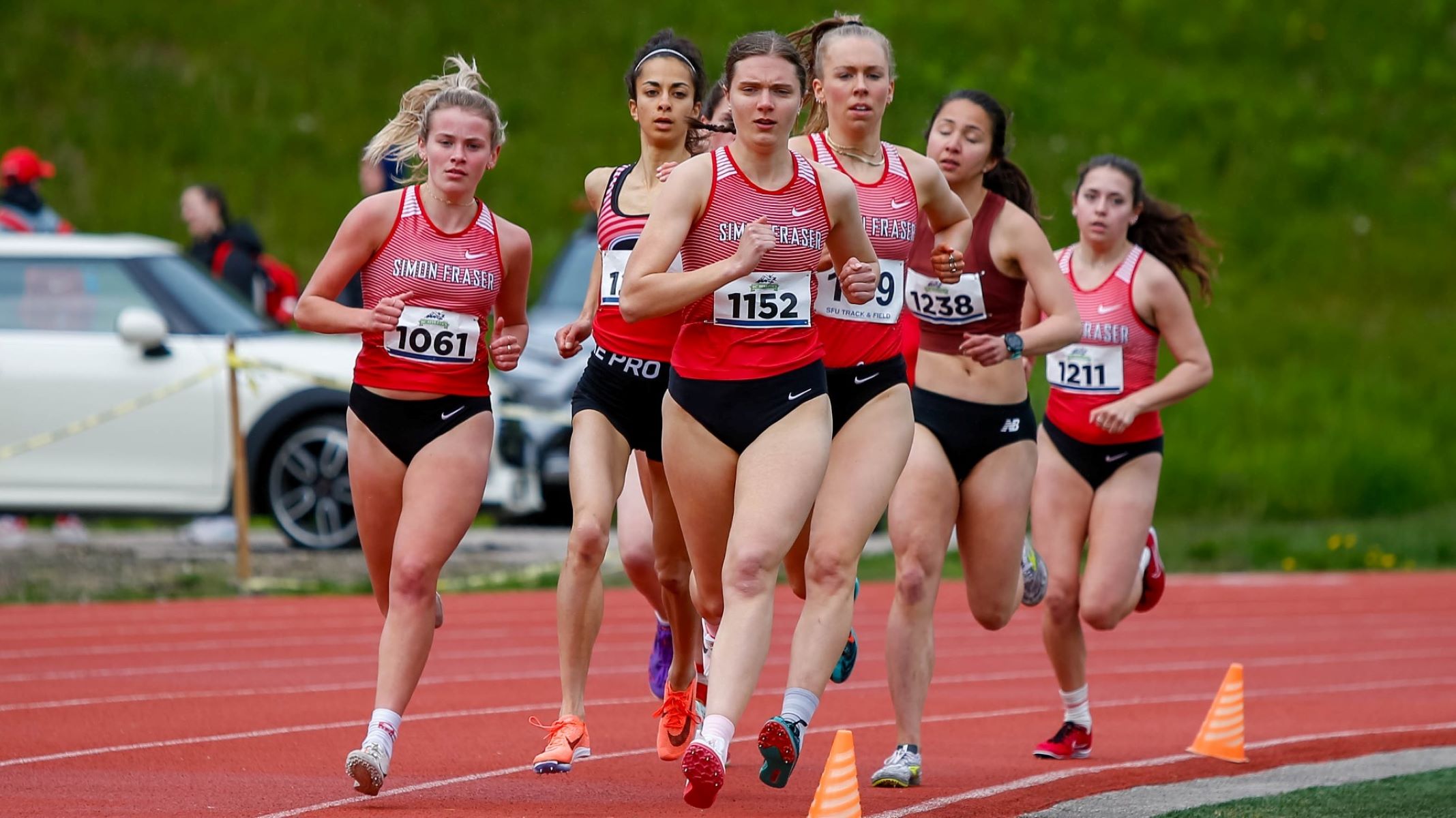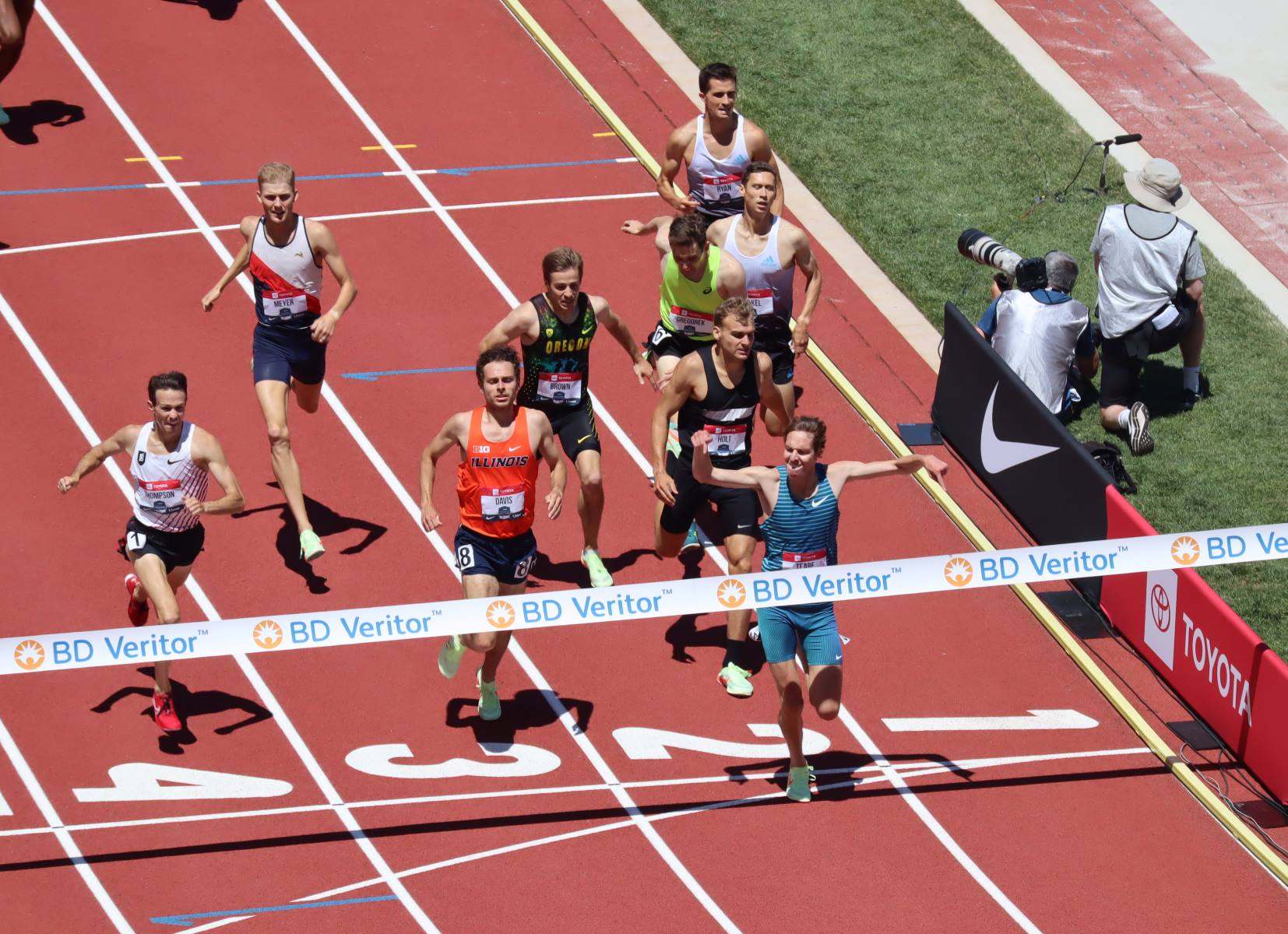Home>Misc>Featured>Who Was The First British Woman To Win An Olympic Gold Medal In Track And Field?
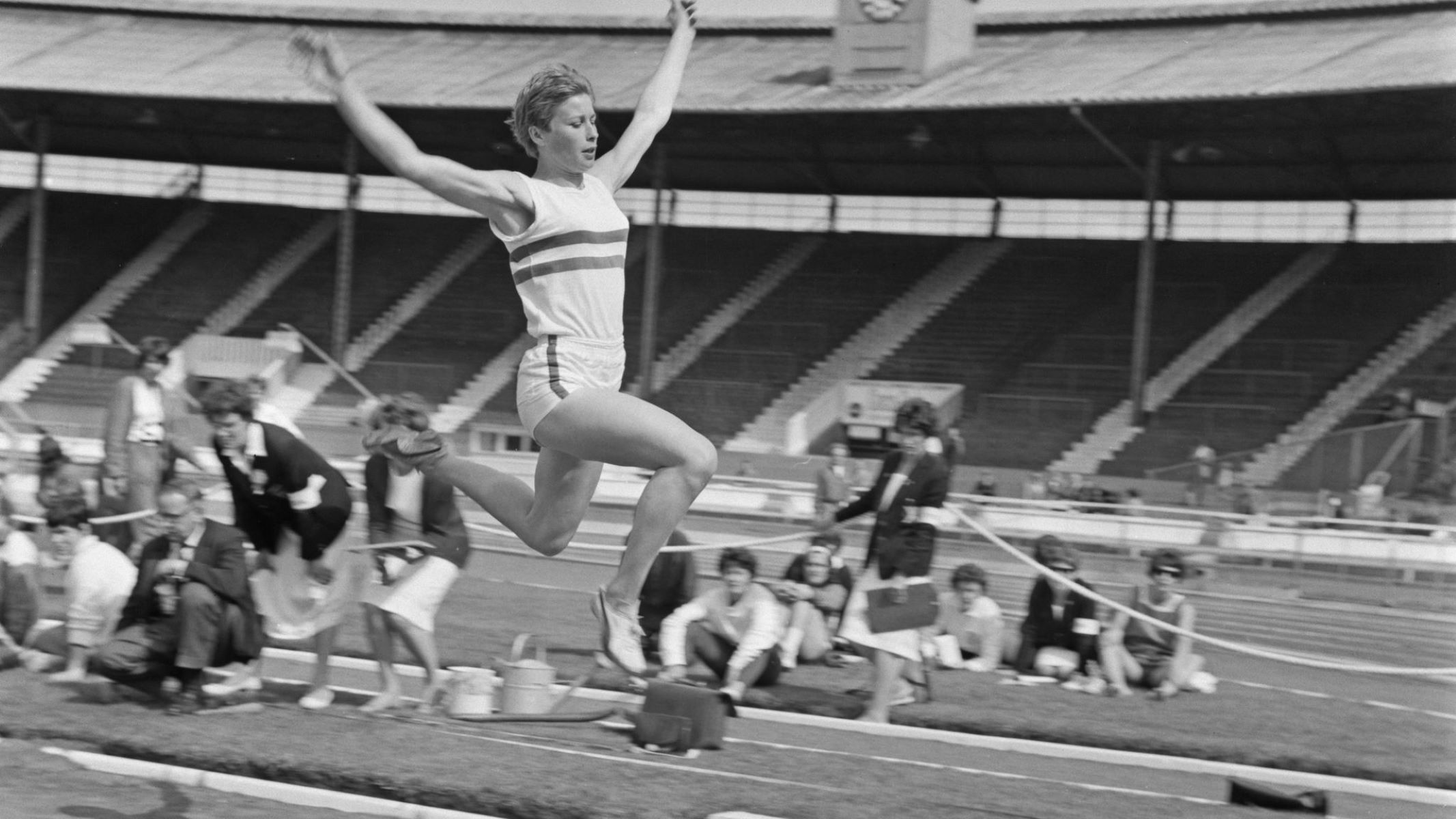

Featured
Who Was The First British Woman To Win An Olympic Gold Medal In Track And Field?
Published: August 12, 2023
Discover the remarkable story of the first British woman to win an Olympic gold medal in track and field. Learn how she made history in this captivating featured article.
Introduction
Track and field has long been a celebrated sport, captivating audiences around the world with its thrilling races, breathtaking jumps, and impressive throws. While the sport has seen many remarkable athletes throughout history, it wasn’t always open to women.
In the early years of track and field, women faced significant barriers in their pursuit of athletic excellence, with societal norms and expectations dictating that they should focus on more “feminine” pursuits. However, as time progressed and women gained more rights and opportunities, they began to challenge these norms and make their mark in the world of sports.
One such trailblazer was the first British woman to win an Olympic gold medal in track and field. This remarkable achievement not only showcased her individual talent and determination but also opened doors for future generations of female athletes.
In this article, we will delve into the early history of women in track and field, explore the journey of the first British women in the sport, and detail the significance of the Olympics in shaping women’s track and field disciplines. We will then unveil the identity of the pioneering British woman who secured an Olympic gold medal and discuss her lasting legacy.
Through this exploration, we hope to shed light on the challenges faced by women in the early years of track and field and the groundbreaking achievements that paved the way for future generations. So, let’s dive into the captivating story of the first British woman to win an Olympic gold medal in track and field.
Early History of Women in Track and Field
The history of women in track and field dates back centuries, with women demonstrating their athletic prowess in various forms throughout different cultures. However, it wasn’t until the late 19th and early 20th centuries that women’s participation in competitive sports began to gain traction.
During this time, societal norms and conservative beliefs placed significant limitations on women’s physical activities. Women were expected to focus on their domestic duties and prioritize their roles as wives and mothers, leaving little room for athletic pursuits.
Despite these constraints, a few remarkable women defied societal expectations and stepped into the world of track and field. In the late 1800s, women began participating in organized athletics in the form of gymnastics and calisthenics. These activities presented the first organized outlet for women to showcase their physical abilities and laid the foundation for future sports participation.
As the movement for women’s rights gained momentum in the early 20th century, more opportunities for female athletes began to emerge. In 1928, women were allowed to participate in track and field events in the Olympic Games for the first time. This breakthrough moment marked a significant turning point in the history of women’s track and field, providing a platform for women to showcase their talents on a global stage.
However, even with these advancements, women were still subjected to unfair gender-based regulations in their events. For instance, the hurdles were set lower for women compared to men, limiting the level of competition and undermining the potential for record-breaking performances.
Despite these challenges, women in track and field continued to push the boundaries and prove their worth. Through dedication, perseverance, and determination, they not only shattered stereotypes but also paved the way for subsequent generations of female athletes.
As we dive deeper into the story of the first British woman to win an Olympic gold medal in track and field, we must understand the historical context and the immense hurdles faced by women in the early years. The courageous endeavors of these pioneering women laid the groundwork for the success and recognition enjoyed by female athletes today.
The First British Women in Track and Field
As women began to break barriers in the realm of sports, a few determined and talented British women took their place on the track, challenging societal expectations and making their mark in history.
One of the early pioneers was Lucy Jane Evelyn Cavendish, an athlete known for her exceptional speed and agility. Cavendish competed in the late 1800s and early 1900s, participating in various track and field events. Despite facing significant opposition and skepticism, she showed remarkable talent and determination, becoming an inspiration for future generations of British female athletes.
Another noteworthy figure was Florence Blanchard, an accomplished long jumper and sprinter. Blanchard gained recognition in the early 20th century for her exceptional athletic abilities, paving the way for other British women in track and field.
However, it was not until the 1920s when British women truly made their mark on the international stage. Several talented athletes emerged, breaking records and challenging the notion that women were incapable of excelling in physically demanding sports.
One of the most notable figures during this period was Mary Lines, a multi-talented athlete who competed in various track and field events. Lines set numerous British records in the 100-meter dash, long jump, and pentathlon, showcasing her versatility and athleticism.
Phyllis Green, another prominent athlete, made significant strides in the world of women’s track and field. Green represented Great Britain in the Olympics and was known for her exceptional performances in the high jump and javelin throw.
These women, along with many others, blazed a trail for future generations, showing that British women were more than capable of competing at a high level in track and field. Their determination, talent, and unwavering commitment to their craft set the stage for the first British woman to win an Olympic gold medal in the sport.
Join us as we continue our journey through the history of women in track and field, uncovering the impact of the Olympics and the momentous achievements that were yet to come.
The Olympics and Women’s Track and Field
The Olympic Games have long been regarded as the pinnacle of athletic achievement and a platform for showcasing the world’s greatest sports talents. For women in track and field, the inclusion of their events in the Olympics was a significant milestone and a crucial turning point in their history.
Although the first modern Olympic Games were held in 1896, women’s participation in track and field events was limited. It wasn’t until 1928, at the Amsterdam Olympics, that women were allowed to compete in track and field events for the first time. This landmark decision marked a pivotal moment for women in sports, providing them with the opportunity to showcase their talents and skills on a global stage.
The Olympic Games not only allowed female athletes to challenge existing stereotypes about women’s physical abilities but also served as a catalyst for change and progress in gender equality in sports. With the inclusion of women’s track and field events, women gained greater recognition and opportunities to compete at the highest level.
Over the years, as women’s track and field events expanded in numbers and variety, the competition grew fiercer. Athletes from around the world vied for the chance to represent their countries and etch their names in Olympic history.
Records were shattered, new techniques were developed, and moments of triumph and defeat became integral parts of the Olympic narrative. Women like Fanny Blankers-Koen, Wilma Rudolph, and Florence Griffith-Joyner captured the world’s attention with their exceptional performances, solidifying their status as legends in the sport.
In addition to showcasing individual achievements, the Olympics also played a crucial role in fostering a spirit of camaraderie and global unity among athletes. Women from different cultures and backgrounds came together, transcending societal barriers, to celebrate their shared love for track and field and the pursuit of excellence.
As we explore the journey of the first British woman to win an Olympic gold medal in track and field, it is important to recognize the significant impact of the Olympics in shaping women’s track and field and propelling the sport to new heights.
Now, let’s uncover the remarkable story of the pioneering British woman who stood on top of the Olympic podium, forever etching her name in history.
The Gold Medalist
The first British woman to win an Olympic gold medal in track and field was none other than Dame Kelly Holmes. Born on April 19, 1970, in Pembury, Kent, Holmes would go on to become one of the most iconic and beloved athletes in British history.
Holmes’ journey to Olympic glory was not without its challenges. In her early years, she faced setbacks in the form of injuries and doubts about her abilities. However, her unwavering determination and sheer talent propelled her forward, ultimately leading her to Olympic success.
At the 2004 Athens Olympics, Holmes competed in the 800-meter and 1500-meter events. The pressure was high, and the competition was fierce, but Holmes remained focused and dialed in. In the 800-meter final, she unleashed a breathtaking surge in the final stretch, overtaking her opponents and crossing the finish line in first place, securing her first Olympic gold medal.
But Holmes wasn’t done yet. Just a few days later, she lined up for the 1500-meter final, ready to give it her all once again. In a stunning display of strength and strategic racing, Holmes powered her way to the front, leaving her competitors in her wake. In a remarkable achievement, she claimed her second gold medal, becoming a double Olympic champion.
Her performances were not just victories for herself but also for the entire nation. Holmes’ success brought a sense of pride and joy to the British people, who celebrated her achievements and hailed her as a national hero.
What made Holmes’ Olympic triumphs even more remarkable was the fact that she achieved them at the age of 34. In a sport often associated with youth, Holmes defied expectations and proved that age is no barrier to greatness.
Following her retirement from athletics, Holmes has become a prominent figure in the sporting world, using her platform to inspire and motivate others. She has dedicated her post-athletic career to coaching, philanthropy, and advocating for mental health awareness.
The remarkable journey of Dame Kelly Holmes serves as a testament to the power of perseverance, talent, and self-belief. She not only made history as the first British woman to win Olympic gold in track and field but also paved the way for future generations of female athletes.
Now, let’s explore the lasting legacy and impact of Dame Kelly Holmes’ achievements in track and field.
Legacy and Impact of the First British Woman Olympic Gold Medalist in Track and Field
The achievements of the first British woman to win an Olympic gold medal in track and field, Dame Kelly Holmes, have had a lasting legacy and significant impact on the sport, athletes, and society as a whole.
First and foremost, Holmes’ triumphs shattered prevailing stereotypes about age, proving that athletic excellence can be achieved at any stage of one’s career. Her success at the age of 34 inspired countless athletes to believe in their own abilities and pursue their dreams, regardless of age or perceived limitations.
Moreover, Holmes’ victories served as a powerful symbol of resilience and determination, showcasing the rewards of hard work and perseverance. Her journey from setbacks and injuries to Olympic gold medals resonated with aspiring athletes around the world, instilling in them the belief that no obstacle is insurmountable.
Her accomplishments also had a profound impact on the visibility and recognition of women’s achievements in track and field. Holmes’ gold medals thrust her into the global spotlight, where she became a role model and inspiration for young girls and women interested in pursuing sports. Her success helped break down barriers and opened doors for future generations of British female athletes, encouraging their participation in traditionally male-dominated sports.
Furthermore, Holmes’ dedication to giving back to the community and her philanthropic efforts have left an indelible mark on society. Through the creation of the Dame Kelly Holmes Trust, she has supported young people facing disadvantages, using her platform and experiences to empower and guide them towards success. Her commitment to mental health advocacy has also made a significant impact, helping to break down stigmas and initiate important conversations surrounding mental well-being in sports and beyond.
The legacy of Dame Kelly Holmes extends far beyond accolades and medals. Her impact on British athletics and society as a whole cannot be overstated. She continues to inspire generations of athletes, showing them the power of perseverance, self-belief, and passion.
Her success also serves as a reminder of the importance of representation and diversity in sports. By breaking barriers and achieving historic milestones, Holmes paved the way for increased inclusivity and opportunities for women in track and field.
As we look back on the remarkable accomplishments of the first British woman to win an Olympic gold medal in track and field, we celebrate not only her individual achievements but also the broader impact she has had on the sport and society. Dame Kelly Holmes will forever be remembered as a trailblazer, an inspiration, and a true symbol of excellence.
Conclusion
The journey of the first British woman to win an Olympic gold medal in track and field has been a testament to the power of determination, talent, and breaking barriers. From the early struggles of women in the sport to the inclusion of women’s events in the Olympic Games, the stage was set for remarkable achievements.
Through the contributions of pioneering British women in track and field, such as Lucy Jane Evelyn Cavendish, Florence Blanchard, Mary Lines, and Phyllis Green, the path was paved for future generations of athletes to shine.
However, it was Dame Kelly Holmes who truly made history. Her Olympic triumphs in the 800-meter and 1500-meter events at the 2004 Athens Games forever etched her name in the annals of British sports. Her achievements inspired not only aspiring athletes but also individuals from all walks of life, showing them the power of perseverance and self-belief.
Moreover, Holmes’ impact extended beyond the track. Through her dedication to coaching, philanthropy, and mental health advocacy, she continues to make a positive difference in the lives of others.
The legacy of the first British woman Olympic gold medalist in track and field is one of breaking barriers, inspiring generations, and championing inclusivity. The achievements of these remarkable women have shattered stereotypes, advanced gender equality in sports, and created a platform for future athletes to strive for greatness.
As we continue to celebrate the accomplishments of the first British woman to win an Olympic gold medal in track and field, let us remember the importance of representation, perseverance, and the power of sports to transcend boundaries and inspire greatness.
The story of these trailblazing athletes reflects the indomitable spirit of human ambition and showcases the remarkable achievements accomplished when barriers are overcome. The journey of the first British woman to win an Olympic gold medal in track and field serves as a reminder to all that when passion, talent, and opportunity converge, extraordinary feats can be accomplished on and off the field.
